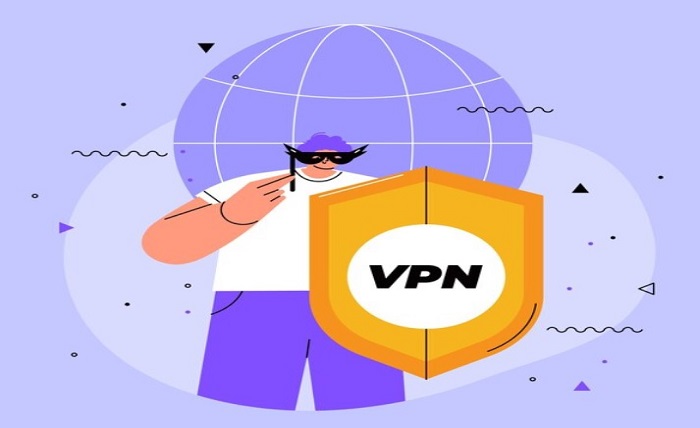In today’s digital age, online privacy and security are paramount. One effective way to safeguard your online activities is by using a Virtual Private Network (VPN). In this article, we delve into the world of free VPNs, providing you with essential insights, tips, and answers to common questions.
Table of Contents
Free VPN: What Is It?
A free VPN (Virtual Private Network) is a service that allows users to access the internet through a secure and private connection. It works by routing your internet traffic through a server, encrypting it, and hiding your IP address. Here’s why free VPNs have gained popularity:
Online Privacy: Free VPNs offer anonymity by masking your IP address, making it difficult for anyone to trace your online activities back to you.
Access to Restricted Content: They allow you to bypass geo-restrictions and access websites and content not available in your region.
Security: Encryption ensures that your data remains confidential, protecting it from hackers and cybercriminals.
The Benefits of Using a Free VPN
Using a free VPN comes with several advantages:
Enhanced Privacy: Your online activities remain private, away from prying eyes.
Access to Geo-Restricted Content: Stream your favorite shows and access websites irrespective of your location.
Cost-Efficiency: No need to pay for a VPN subscription; free VPNs offer essential features for free.
Protection on Public Wi-Fi: Safeguard your data when using public Wi-Fi networks.
Anonymous Torrenting: Download torrents securely without revealing your IP address.
Are Free VPNs Really Free?
While free VPNs offer many benefits, they aren’t entirely free. They often come with limitations, including:
Limited Server Locations: Free VPNs may have fewer server options compared to their paid counterparts.
Data Caps: Many impose data usage limits, which can be restrictive for heavy internet users.
Slower Speeds: Free VPN servers can be crowded, resulting in reduced internet speeds.
Advertisements: To sustain their services, free VPNs may display ads to users.
Security Concerns: Some free VPNs may not provide the same level of security as premium options.
Is It Safe to Use a Free VPN?
Safety is a top concern when using any VPN service. While many free VPN providers offer reliable security, some may compromise your data. To ensure your safety:
Research: Choose a reputable free VPN provider with positive user reviews.
Check Privacy Policies: Understand how your data is handled and whether it’s logged.
Use Common Sense: Avoid free VPNs that seem too good to be true; they might be collecting your data for other purposes.
Consider Premium Options: If security is paramount, consider upgrading to a paid VPN service.
FAQs
Q: Are free VPNs as secure as paid ones?
A: While some free VPNs offer robust security, paid options often provide more advanced features and better protection.
Q: Can I use a free VPN for streaming?
A: Yes, but be prepared for potential limitations in speed and server access.
Q: Do free VPNs work on mobile devices?
A: Most free VPNs offer mobile apps for Android and iOS.
Q: Is it legal to use a free VPN?
A: In most countries, using a VPN for legitimate purposes is legal. However, it’s essential to respect the laws of your jurisdiction.
Q: How do I choose the right free VPN?
A: Research different providers, read reviews, and consider your specific needs when choosing a free VPN.
Q: Can I trust free VPNs with my data?
A: Trustworthy free VPNs exist, but always read their privacy policies and reviews to ensure your data is handled securely.
Conclusion
In a world where online privacy and security are paramount, a free VPN can be a valuable tool. By understanding their benefits, limitations, and potential risks, you can make an informed decision when choosing a free VPN service. Remember that safety should always be a top priority in your online activities.
